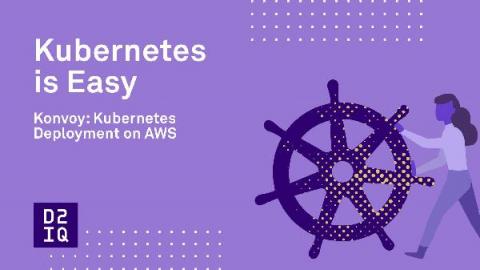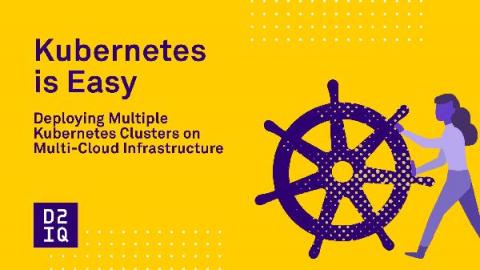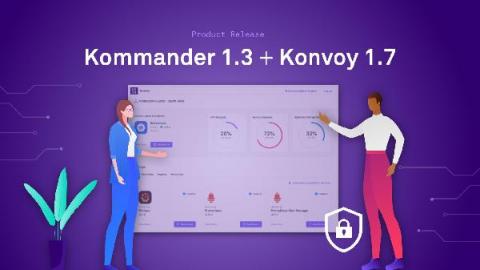How to Deploy a Kubernetes Cluster on AWS
If your organization is planning to use AWS for deploying new releases, the deployment process can be tricky for teams outside of operations to learn and use, especially for those who don’t have expertise in the tooling to automate deployment. And, because there are several ways to deploy Kubernetes on AWS, including Amazon’s own EKS, understanding the different deployment options can be tough to navigate.








